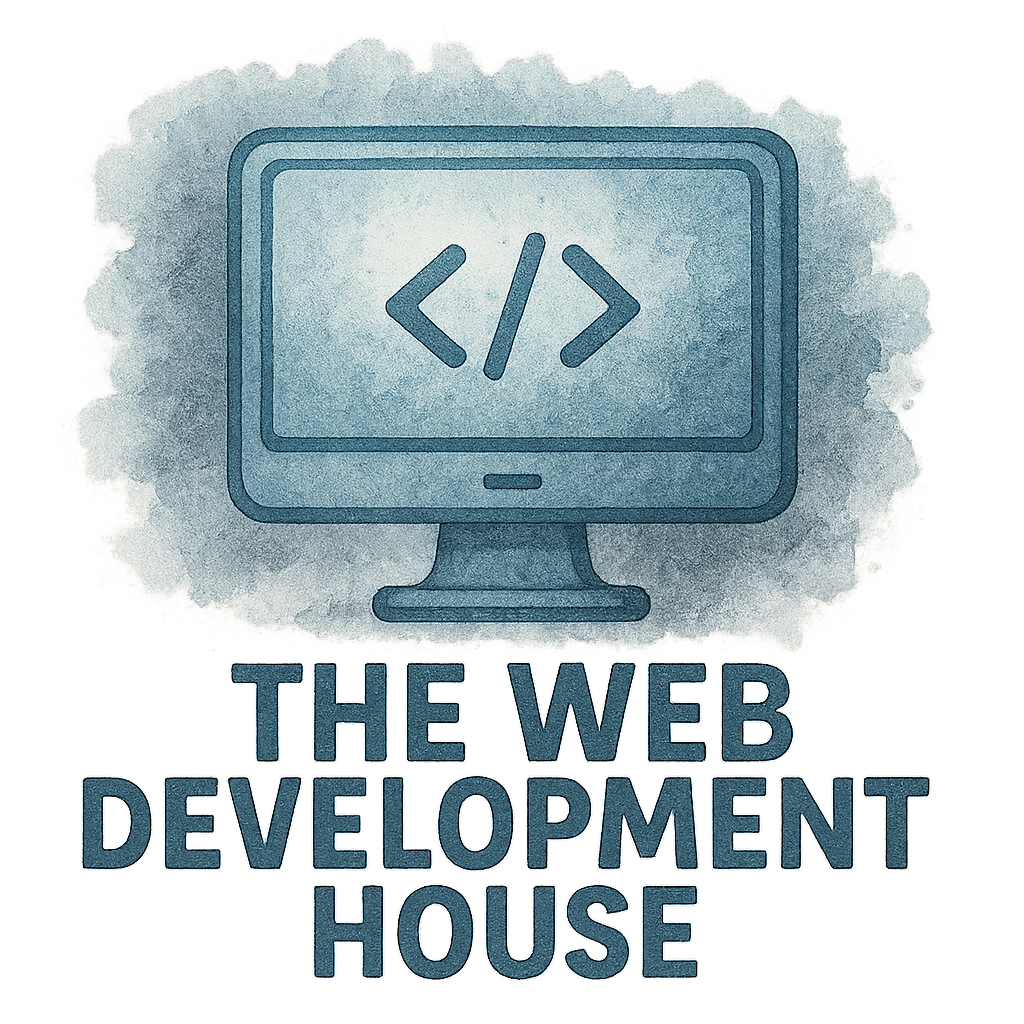Introduction
Learning web development today often starts with Node.js, one of the most popular JavaScript runtimes. But diving in without the right tools can feel like learning to drive without ever sitting in a car. The good news? There are powerful Node.js tools designed to simplify your learning journey, helping you not only understand the theory but also practice with real-world applications.
In this guide, we’ll break down the 10 best tools in Node.js to learn web development effectively. Whether you’re just starting out or brushing up your skills, these tools will make your journey smoother, more productive, and fun.
Why Node.js is Essential for Web Development
Fast and Scalable Performance
Node.js runs on the V8 JavaScript engine from Google, which makes it incredibly fast. It handles thousands of simultaneous connections with ease, perfect for modern apps.
Large Community and Ecosystem
With millions of developers worldwide, Node.js boasts an ecosystem full of libraries, frameworks, and support.
Perfect for Both Frontend and Backend
Since Node.js uses JavaScript, you can build full-stack apps using one language—no need to juggle multiple languages.
How Node.js Tools Simplify Learning
Automating Repetitive Tasks
Why write boilerplate code repeatedly when tools can automate it?
Enhancing Productivity and Workflow
From debugging to real-time updates, the right Node.js tools save time and boost confidence.
Building Real-World Applications
Practicing with tools that mimic real-world scenarios prepares you for professional development projects.
10 Best Tools in Node.js to Learn Web Development Effectively
1. npm (Node Package Manager)
Why Every Developer Starts with npm
npm is your gateway to thousands of Node.js packages. You’ll use it for everything—installing libraries, managing dependencies, and even running scripts.
Best Practices with npm
Follow best practices like version-locking and using scripts to keep projects clean and manageable.
2. Express.js
Simplifying Server-Side Development
Express.js makes backend development straightforward. It abstracts away complex server logic, allowing beginners to focus on routes and APIs.
Learning REST APIs with Express
By building REST APIs, you’ll grasp how data flows between the client and server—skills every web developer needs.
3. Visual Studio Code with Node Extensions
Debugging and Productivity Boosts
VS Code is the go-to editor for Node.js. Add extensions like ESLint and Node Debugger for smoother coding.
Extensions that Make a Difference
Extensions like Prettier and REST Client help beginners maintain consistency and test APIs directly.
4. Nodemon
Auto-Restart for Faster Learning
Instead of stopping and restarting servers manually, Nodemon does it automatically.
Practical Use Cases
Perfect for learners experimenting with small changes—it keeps your workflow seamless.
5. Webpack
Understanding Module Bundling
Webpack bundles your code, assets, and styles together, making apps efficient.
Why Beginners Should Learn Webpack
It’s a bit technical, but understanding bundling teaches you how modern web apps work under the hood.

6. ESLint
Writing Clean and Error-Free Code
ESLint acts like your coding teacher—it flags errors and suggests improvements in real time.
Linting as a Learning Tool
You’ll learn JavaScript rules and Node.js practices just by following ESLint’s feedback.
7. Mocha & Chai (Testing Frameworks)
Learning Through Testing
Mocha (test runner) and Chai (assertion library) help beginners understand why testing matters.
Hands-On Benefits for Beginners
By writing tests, you learn how to break down features into small, testable units.
8. Socket.io
Learning Real-Time Applications
Want to build a chat app? Socket.io makes it easy to add real-time communication.
Examples in Chat Apps & Games
Beginners can practice by creating interactive experiences, like messaging platforms or multiplayer games.
9. Sequelize (ORM for Databases)
Making Databases Easier for Beginners
Instead of writing complex SQL queries, Sequelize lets you interact with databases using JavaScript.
Learning Data Models Practically
You’ll grasp relationships, migrations, and queries in a beginner-friendly way.
10. Postman (API Testing Tool)
Learning How APIs Work
Postman gives you hands-on practice in testing APIs you build with Express or other frameworks.
Node.js Integration with Postman
You’ll understand how APIs interact with frontends, making you a more complete web developer.
How to Combine These Tools for Effective Learning
Start Small and Build Projects
Create a to-do app with Express, Sequelize, and Postman.
Follow Best Practices
Leverage insights from company culture and core values to build apps the right way.
Use Tools That Fit Your Learning Style
If you’re visual, Postman and Socket.io might be your jam. Prefer structure? ESLint and Mocha will keep you on track.
Related Resources to Explore
- Web Development Insights
- Project Management for Developers
- UI/UX Design for Node.js Apps
- Mobile Development with Node.js
You’ll also find helpful reads on Dev House practices, design essentials, and startup development strategies.
Conclusion
Mastering Node.js isn’t about memorizing syntax—it’s about practicing with the right tools. From npm to Postman, each tool plays a role in shaping you into a well-rounded web developer. By combining these tools strategically, you’ll not only learn faster but also build projects that mirror real-world applications.
If you’re serious about learning web development effectively with Node.js, start small, build often, and don’t be afraid to experiment with these tools.
FAQs
1. What is the best Node.js tool for absolute beginners?
npm is the starting point—it introduces you to dependencies and project structure.
2. Do I need to learn all these tools at once?
No. Start with npm, Express, and VS Code, then gradually add others as you progress.
3. Which Node.js tool helps me build APIs?
Express.js is the go-to framework for creating REST APIs.
4. Can Node.js be used for mobile apps?
Yes! With frameworks like React Native and mobile development tools, you can build cross-platform apps.
5. What’s the easiest way to debug Node.js apps?
Use VS Code with Node Debugger and Nodemon for smooth debugging.
6. Are testing tools necessary for beginners?
While optional at first, tools like Mocha and Chai teach you how to write reliable code.
7. Where can I find more learning resources?
Explore guides on The WD House covering web development, UI/UX, and productivity.

